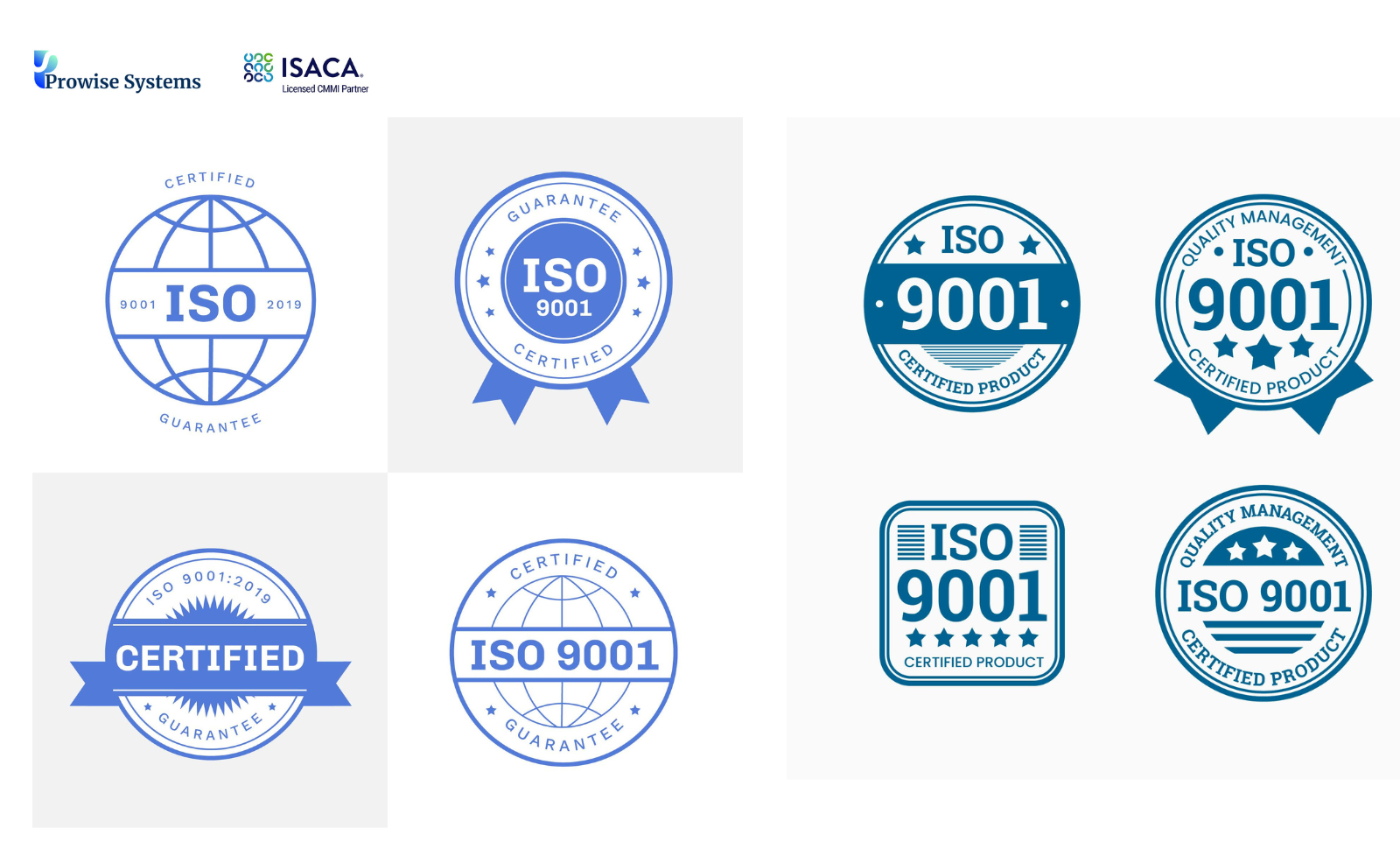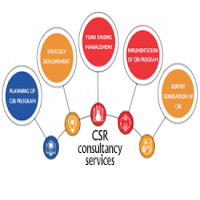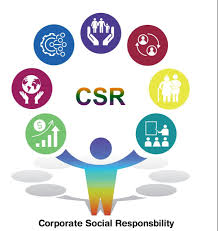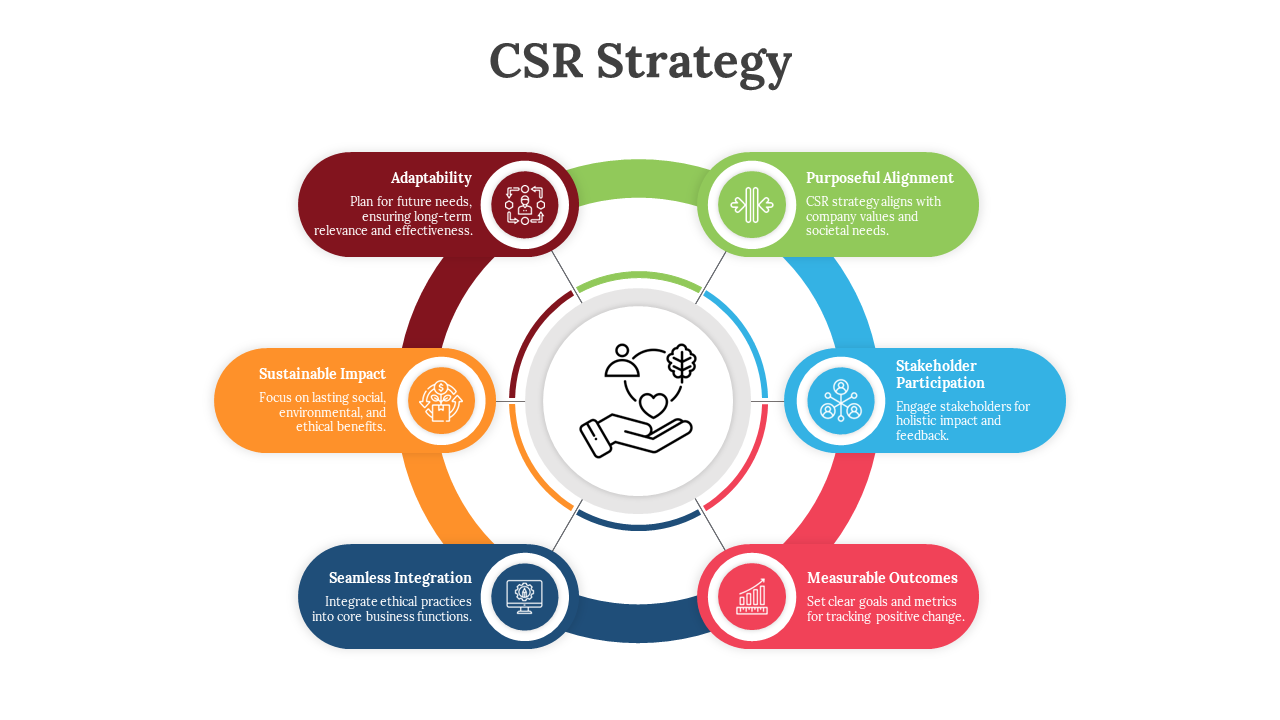ISO 9001 Certification: A Complete Guide to ISO 9001:2015 Certification

Strong 8k brings an ultra-HD IPTV experience to your living room and your pocket.
In today's fiercely competitive business world, ensuring consistent quality in your products and services isn't just a good idea—it’s a necessity. That’s where ISO 9001 certification comes in. Recognized globally, ISO 9001 helps organizations establish a solid foundation for delivering consistent quality, enhancing customer satisfaction, and achieving operational efficiency.
But with the introduction of the updated ISO 9001:2015 certification, there’s a fresh take on how businesses approach quality management. Whether you're a startup or a multinational corporation, understanding this standard can set you apart from the competition.
What is ISO 9001 Certification?
ISO 9001 certification is an international standard that sets out the criteria for a Quality Management System (QMS). Developed by the International Organization for Standardization (ISO), it applies to businesses of all sizes and across all sectors.
Think of it like a blueprint. It doesn’t tell you exactly what to do—but it gives you a framework to help you do it better, more efficiently, and consistently. From customer satisfaction to process optimization, ISO 9001 ensures that your operations run like a well-oiled machine.
The standard is based on several quality management principles:
When these principles are adopted fully, they lead to improved performance and long-term success.
What is ISO 9001:2015 Certification?
The ISO 9001:2015 certification is the latest revision of the ISO 9001 standard, released in September 2015. It replaces the older 2008 version and brings several important updates to align the quality management system with modern business practices.
Some of the major changes in ISO 9001:2015 include:
By achieving ISO 9001:2015 certification, organizations demonstrate their ability to consistently deliver products and services that meet both customer and regulatory requirements.
Benefits of ISO 9001 and ISO 9001:2015 Certification
Getting certified isn’t just about earning a badge—it’s about driving tangible improvements in your organization. Here are the key benefits:
1. Operational Efficiency
The framework helps you identify inefficiencies, reduce waste, and streamline operations. When processes are clearly defined, employees know exactly what to do and how to do it. This leads to fewer errors, less rework, and faster turnaround times.
2. Customer Satisfaction
At its core, ISO 9001 is customer-centric. It ensures that your products and services meet customer expectations consistently. Happy customers mean repeat business, positive reviews, and brand loyalty.
3. Market Advantage
Many contracts—especially with governments or multinational corporations—require ISO 9001 certification as a prerequisite. Having this certification gives your business an edge in competitive bids and opens up opportunities in new markets.
4. Continuous Improvement
The standard encourages a culture of continuous improvement. With built-in mechanisms for monitoring, reviewing, and refining processes, your business stays agile and ready to adapt to changes.
Steps to Achieve ISO 9001:2015 Certification
Wondering how to get certified? Here’s a simple step-by-step breakdown:
Step 1: Conduct a Gap Analysis
Evaluate your current processes and compare them with ISO 9001:2015 requirements. Identify what’s missing and what needs improvement.
Step 2: Develop Your QMS
Create or update your policies, procedures, and documentation. Make sure everything aligns with ISO 9001:2015 guidelines.
Step 3: Train Your Team
Employees must understand the quality objectives, procedures, and their roles in maintaining compliance.
Step 4: Implement the System
Put the documented processes into practice. Make quality a part of your everyday operations.
Step 5: Conduct Internal Audits
Before the official certification, conduct internal audits to catch and fix issues.
Step 6: Management Review
Top management reviews the system’s performance and ensures alignment with strategic goals.
Step 7: External Audit
A certified auditor evaluates your QMS. If everything’s in place, you’ll receive the ISO 9001:2015 certificate.
Cost of ISO 9001 Certification
Costs vary depending on your organization’s size, complexity, and readiness. Typically, you’ll need to budget for:
Expect to invest anywhere between $3,000 to $20,000 for the full process, depending on your company’s scope and scale.
How Long Does Certification Take?
The timeline can range from 3 to 12 months. Factors include:
The key is consistency. Follow the steps thoroughly, and don’t rush through implementation just to get certified faster.
Maintaining ISO 9001:2015 Certification
Once certified, the journey doesn’t end. You’ll need to:
Most certifications are valid for three years, with annual reviews by the certification body to ensure ongoing compliance.
Conclusion
Getting ISO 9001 certification, particularly the updated ISO 9001:2015 certification, is more than just a quality stamp—it’s a commitment to excellence. It boosts your credibility, streamlines your processes, and keeps your customers happy.
No matter your industry or company size, ISO 9001 can be the roadmap that helps you build a smarter, stronger, and more efficient business. And in a world where quality speaks louder than words, that’s a competitive advantage you can’t afford to ignore.
Note: IndiBlogHub features both user-submitted and editorial content. We do not verify third-party contributions. Read our Disclaimer and Privacy Policyfor details.







